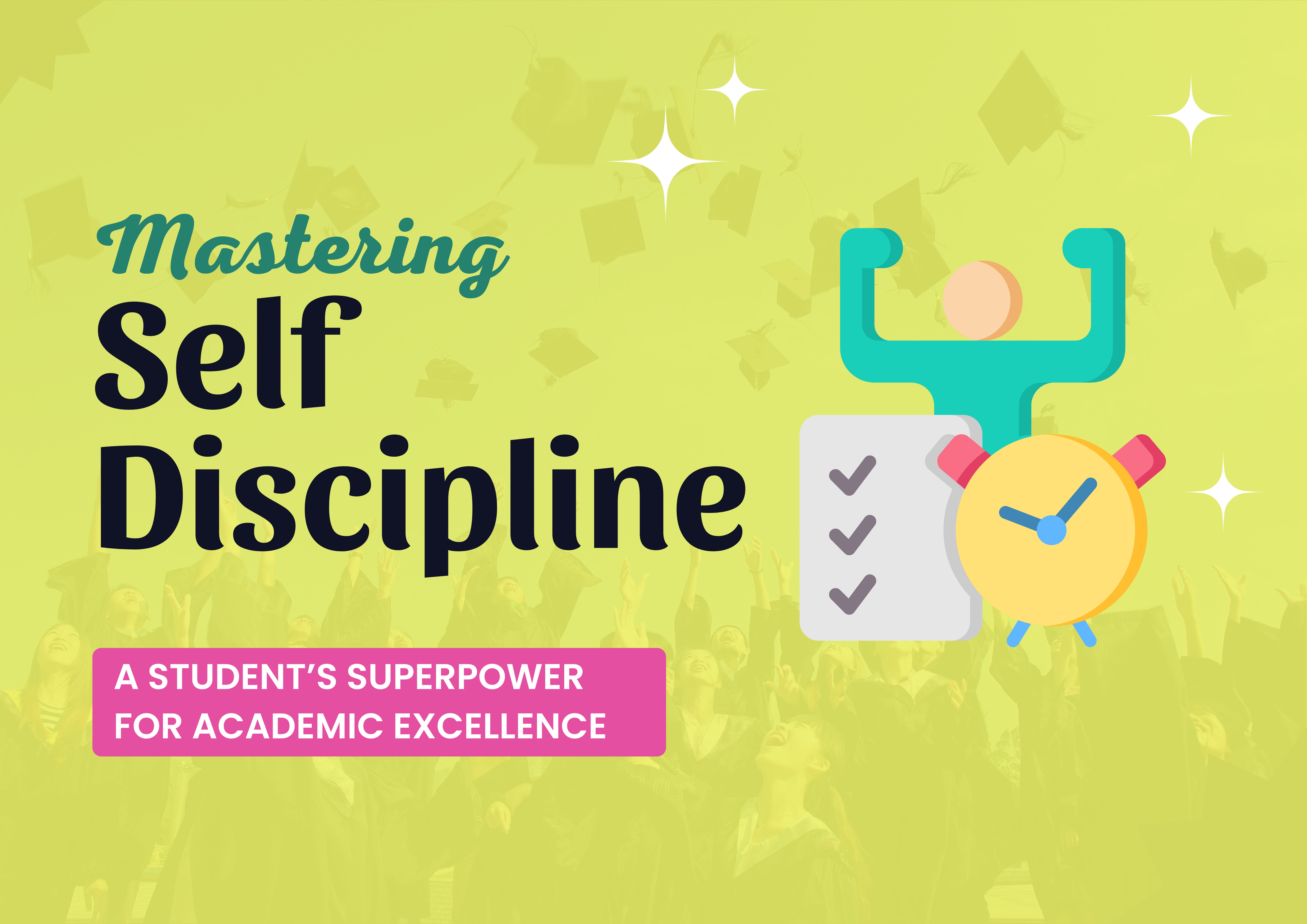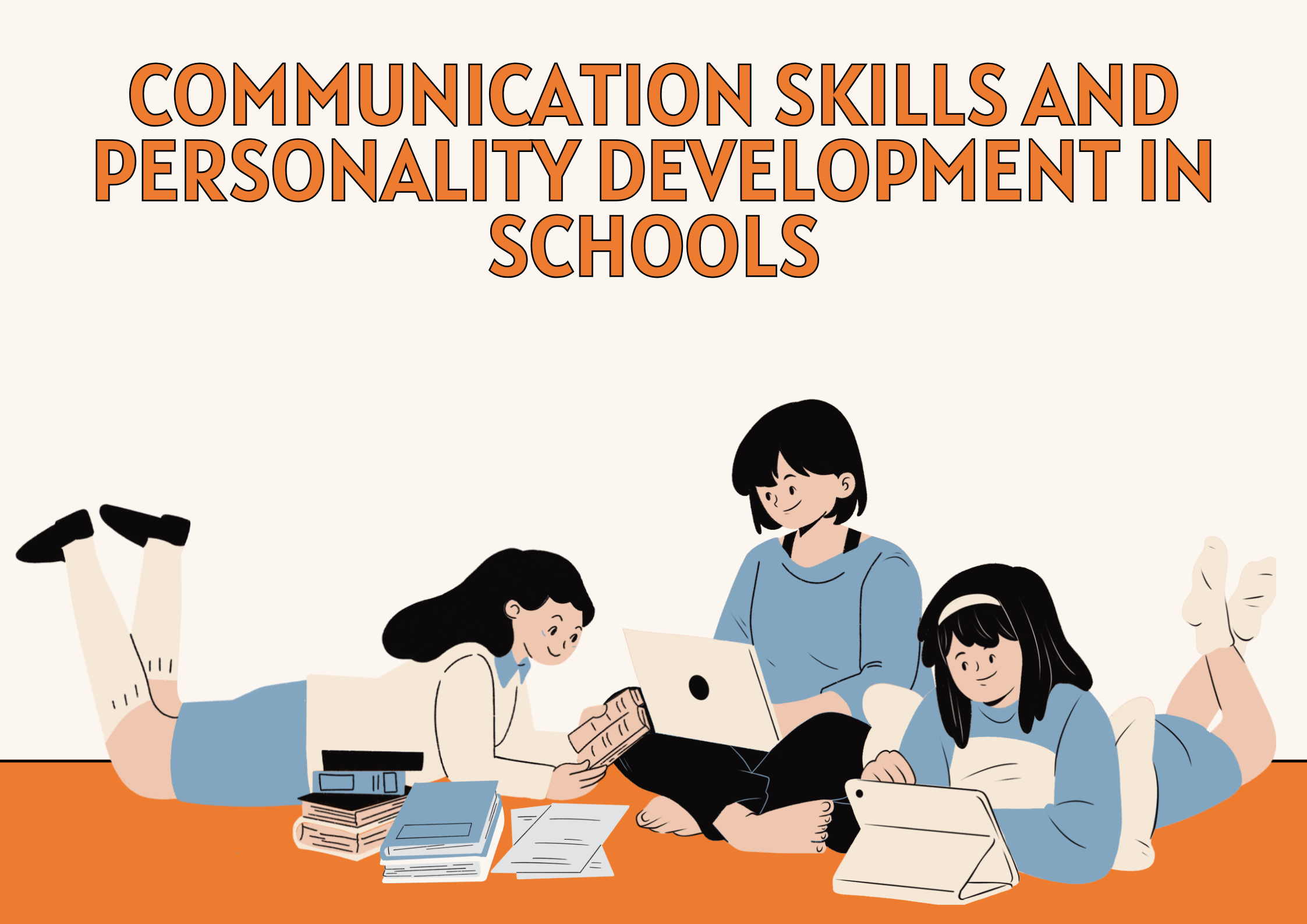In today’s fast-paced world, the importance of communication skills and personality development among students cannot be overstated. These two elements are crucial not only for academic success but also for personal growth and professional achievement later in life.
With an increasing number of institutions prioritizing holistic education, many forward-thinking institutions like schools in Dehradun are adopting structured programs to nurture these abilities from an early age.
The Importance of Communication Skills

Enhancing Academic Performance
Effective communication allows students to express themselves clearly in both written and verbal formats. This competency enhances their performance in assignments, presentations, and group discussions. Strong communication skills foster better understanding between peers and teachers, leading to a more supportive learning environment.
Building Confidence
Being able to communicate well instills confidence in students. Whether it’s asking questions in class, participating in debates, or giving presentations, students who communicate effectively are more likely to take initiative and engage actively in school activities.
Preparing for the Future
In a professional world dominated by collaboration and teamwork, communication skills are indispensable. Students trained in these areas are better equipped to handle interviews, interact with colleagues, and take leadership roles.
The Role of Personality Development

Self-Awareness and Growth
Personality development begins with understanding oneself. Activities such as self-reflection exercises, goal-setting workshops, and journaling can help students become more self-aware. This understanding enables them to leverage their strengths and work on areas of improvement.
Emotional Intelligence
A well-rounded personality includes the ability to manage emotions effectively. Schools that emphasize personality development often include training in empathy, resilience, and stress management. These traits help students navigate challenges more gracefully and maintain healthier relationships.
Leadership and Initiative
Students with strong personalities are often natural leaders. By encouraging participation in extracurricular activities like sports, drama, or student councils, schools can foster leadership qualities and a sense of responsibility among students.
Integrating Communication Skills and Personality Development in the Curriculum

Classroom Practices
Schools can adopt interactive teaching methods that promote speaking, listening, and collaborative work. Techniques like group projects, role-playing, and storytelling can make learning more engaging while enhancing communication.
Dedicated Workshops and Seminars
Regular sessions focusing on topics like public speaking, time management, and personality assessment can give students practical tools to improve both communication and personal attributes.
Teacher Training
Teachers play a pivotal role in shaping student development. Equipping educators with the skills to identify and nurture these abilities ensures consistent reinforcement across subjects and grade levels.
Beyond the Classroom

Parental Involvement
Parents should be partners in the journey of communication skills and personality development. Schools can involve them through counseling sessions, feedback meetings, and parenting workshops.
Extracurricular Activities
Activities beyond academics offer rich opportunities to develop communication skills and personality development skills. Debate clubs, drama societies, school newspapers, and community service programs can significantly contribute to a student’s overall growth.
Digital Platforms and Tools
The integration of technology in education has introduced new avenues for skill development. Language learning apps, virtual debate forums, and online personality tests can complement traditional teaching methods.
Measuring Progress

Continuous Assessment
Schools must implement systems to track the development of communication skills and personality development. Rubrics for class participation, peer reviews, and self-assessments can provide valuable insights into student progress.
Feedback Mechanisms
Constructive feedback from teachers and peers can help students fine-tune their communication style and improve their self-presentation.
Conclusion
The development of communication skills and personality development in schools lays the foundation for a well-rounded, capable, and confident individual.
Institutions, including many schools in Dehradun, are already leading the way, demonstrating that education today is not just about academic excellence but also about shaping the leaders of tomorrow.
Focusing on communication skills and personality development early in a student’s life is not just an educational strategy; it’s an investment in a better, more capable future generation.









